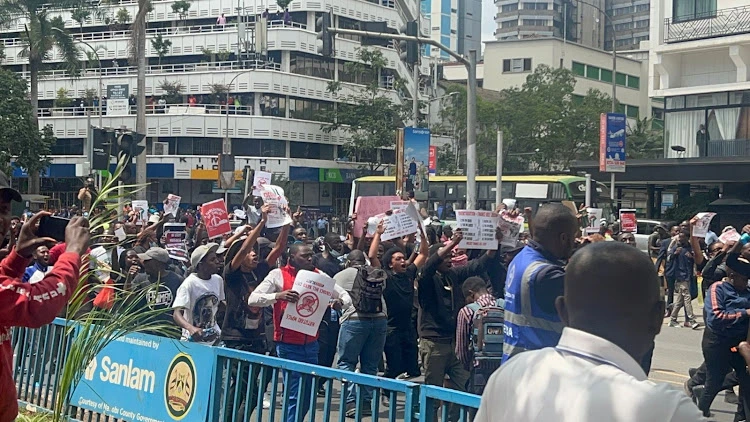KARACHI – By Our Correspondent
A tragic accident on Karachi’s Karsaz Road involving the SUV of a local businessman’s wife has captured national attention after CCTV footage of the incident surfaced online. The footage, released a day after the accident, reveals the distressing sequence of events in which a white Toyota Prado, driven by Natasha Danish, the wife of businessman Danish Iqbal, strikes a motorcycle, collides with another vehicle, and overturns on the road. The incident resulted in the tragic deaths of 26-year-old Amna Arif, who held a double master’s degree, and her father, Imran Arif. Three others were injured in the accident.
Following the crash, Natasha, who was reportedly intoxicated at the time, attempted to flee the scene but was apprehended by a nearby crowd and handed over to the authorities. Initial police investigations revealed that Natasha was driving without a valid license. Her husband, Danish Iqbal, is the owner of Gull Energy, a major industry in Pakistan.

Karachi police have charged Natasha Danish with murder as the investigation into the fatal accident continues. A medical examination was conducted to confirm suspicions of intoxication, although the results are still pending. An FIR has been lodged by the brother of one of the victims, and the authorities have assured that the investigation is progressing under strict observation of the law. A charge sheet will soon be presented in court.
This incident on Karsaz Road not only shook the local community but also highlighted a troubling pattern often seen in Pakistan—where those involved in serious accidents often escape accountability if they belong to wealthy and influential families. While ordinary citizens who commit similar offenses face swift punishment, the affluent often evade the full force of the law.
The case draws parallels to previous high-profile incidents such as the Shahrukh Jatoi case, where a wealthy perpetrator resolved the matter by paying Rs 67 crores in blood money (Diyat). This sum included cash, a bungalow in Defence, and Australian immigration for the victims’ family, effectively allowing the accused to avoid significant legal consequences. Such cases set a disturbing precedent, enabling the rich to exploit the legal system through financial settlements.
As the “Karsaz Accidental Murder Case” unfolds, questions arise about whether justice will be truly served or whether the outcome will be influenced by the wealth and power of those involved. Police reports, often filled with vague or generalized statements, can lead to reduced charges and bail for the accused after just a few court appearances, raising concerns about the fairness of the system.
The victims in this case—Amna Arif and her father, Imran Arif—come from a modest background, prompting concern over whether their family has the means to afford experienced lawyers and navigate the legal system effectively. For many ordinary citizens, the only viable option for justice may be to seek Diyat, or blood money, as provided under Pakistani law.
The Diyat/Compensation Act, introduced in 1990, allows the heirs of the deceased to accept compensation in exchange for pardoning the offender. However, this law tends to favor the wealthy, who can afford substantial financial settlements, thereby avoiding harsher punishments. In recent years, cases like those of Raymond Davis, Nazim Jokhio, Minh Chadata Salahuddin, and Qandeel Baloch have also been resolved through Diyat, cementing a trend where justice for the wealthy can be bought.
As this case progresses, many fear that it too will follow the same path, leaving justice elusive for the victims’ families and reinforcing the notion that the rich are able to manipulate the system in their favor.





